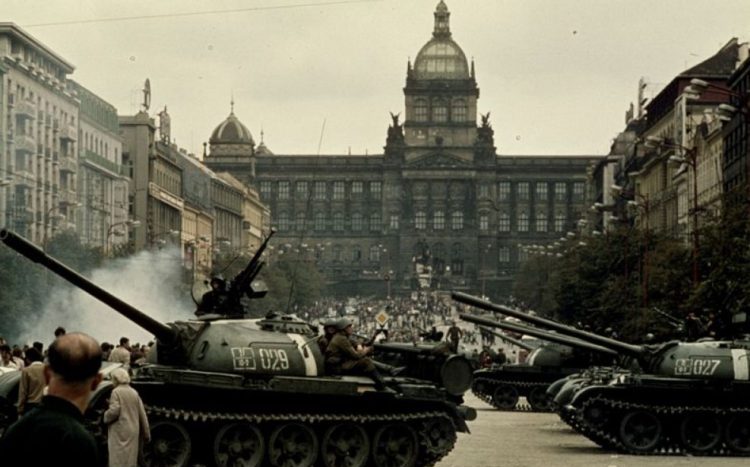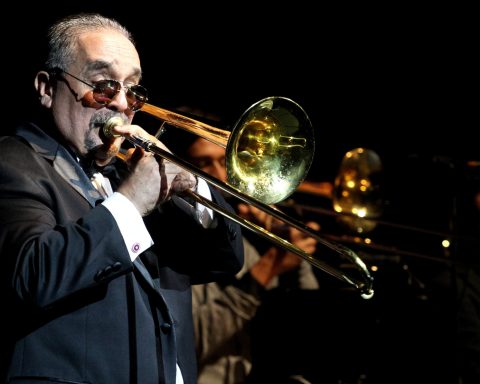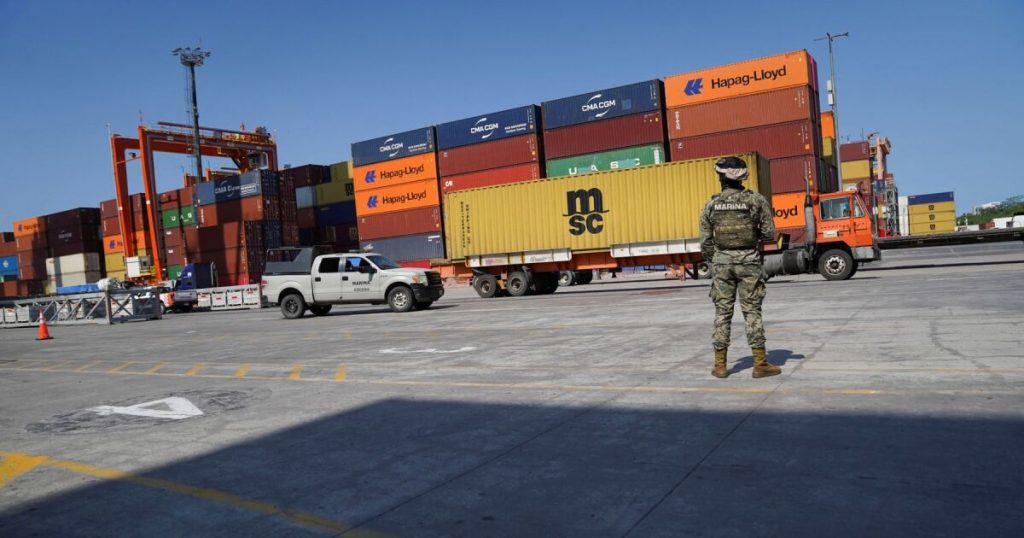HAVANA, Cuba.- On August 23, 1968, with the speech where he supported the Soviet military intervention in Czechoslovakia, Fidel Castro disappointed a large sector of the global left, which, despite beginning to become alarmed by the limitations on freedom of artistic creation and the persecution of homosexuals and other “ideological deviants,” considered the Cuban revolution to be an alternative to Kremlin communism.
Fidel Castro was then seen as a heretic of Soviet communism, criticizing its way of managing the economy, not supporting armed movements in Latin America and maintaining a policy of coexistence with the United States. Therefore, there was great expectation to know what his government’s position would be in the face of the invasion of Czech territory by Soviet troops and four of its satellite countries of the Warsaw Pact, which began in the early hours of August 21, 1968, with the aim of stopping the process of reforms known as the Prague Spring.
In February 1968, in a purge within the Communist Party (PCC), Aníbal Escalante and several other militants from the old Popular Socialist Party (PSP) had been sent to prison, accusing them of sectarianism and of receiving instructions from Moscow through the Soviet embassy in Havana.
In the first seven months of 1968, neither Fidel Castro nor other members of his regime made any public statements about the attempts to create “socialism with a human face” in Czechoslovakia and the reactions this provoked in other countries of the Soviet bloc. And the information on this subject that appeared in the newspaper Granmathe official organ of the Communist Party Central Committee, was unusually neutral and balanced.
Thus, what was least expected was that Fidel Castro, who constantly spoke out in defense of independence and national sovereignty, would support the invasion of Czechoslovakia.
When Fidel Castro arrived at the television studio where he was to give his speech, Czech President Alexander Dubcek was being held hostage by the Soviets and the Communist Party of Czechoslovakia was calling from underground for the solidarity of communists around the world to stop the invasion.
Fidel Castro began his speech by warning that some of the things he was going to say would be “in contradiction with the emotions of many,” in other cases they would be “in contradiction with our own interests,” and in others they would “constitute serious risks for our country.”
He acknowledged that the Soviet intervention It was “a flagrant violation of the sovereignty of the Czechoslovak state, which can only be explained from a political point of view and not from a legal point of view, because, frankly, it has absolutely no semblance of legality.” But immediately afterwards he appealed to the political point of view to justify the invasion, claiming that “Czechoslovakia was moving towards a counter-revolutionary situation, heading towards capitalism, and this affected the entire socialist community.”
He blamed the situation on “bourgeois economic reforms” since “the Czechoslovak Communist Party, yielding to the demands of intellectuals and other liberals, had renounced exercising the dictatorship of the proletariat.”
“The imperialists could not be allowed to tear away a link in the socialist camp,” he said, arguing that more important than international law, which had been violated by the Soviets, was what he called “the sacred right of the peoples in the struggle against imperialism.”
But, in one of his handsome poses that saves his honor, he conditioned his support to the Soviet Union. First, he asked whether relations with the Soviets “would continue to be governed by the degree of unconditionalism, satelism and lackeyism… whether only those who unconditionally accept everything and are incapable of disagreeing on absolutely anything would be considered friends.”
And then, after announcing that he was going to take advantage of the occasion to refer to “some truths that had never been said,” he complained of the “relaxation and softening of the revolutionary spirit of the countries of Eastern Europe, of their ignorance of the problems of the underdeveloped world, and demanded that the Soviet Union, with the same energy that it acted in Czechoslovakia, commit itself to defending Cuba, Vietnam and North Korea.
Thus, Fidel Castro, who was gripped by the disastrous state of the Cuban economy resulting from his failed experiments, reconciled with the Soviets and let them know that he was willing to stop his criticism and agreed to play by the Kremlin’s rules.
Thus began a honeymoon with the Soviet Union that would materialize with a million-dollar subsidy and Cuba’s entry into the Council for Mutual Economic Assistance (CAME) in 1972.
However unscrupulous and cynical Fidel Castro’s move was in 1968, worse is the unconditional servility towards Russia that his successors show today and their shameful support, calling themselves so anti-imperialist, to the Putin’s aggression against Ukrainewhich is a textbook war of imperialist aggression.
OPINION ARTICLE
The opinions expressed in this article are the sole responsibility of the person issuing them and do not necessarily represent the opinion of CubaNet.
















